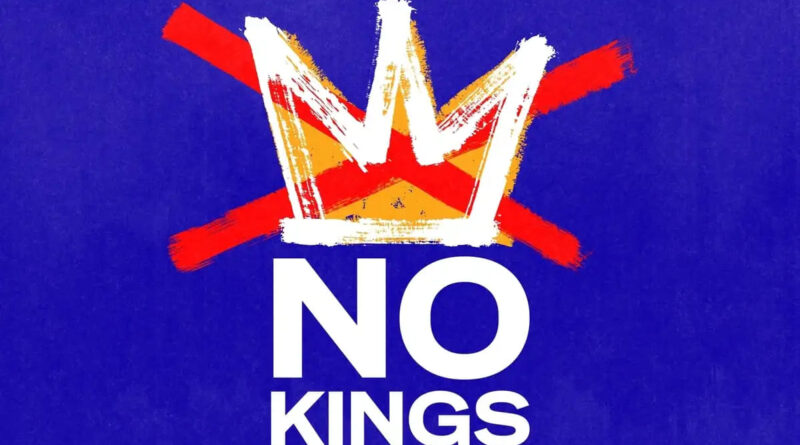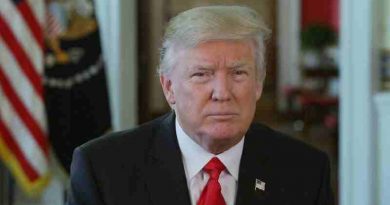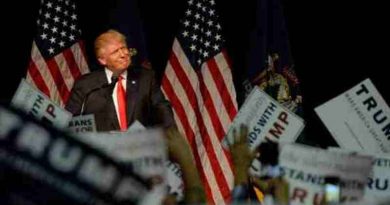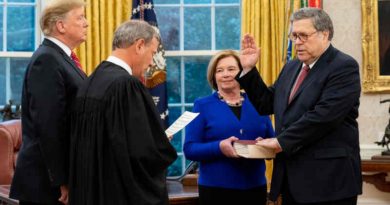4 Surprising Truths About the Global ‘No Kings’ Protests
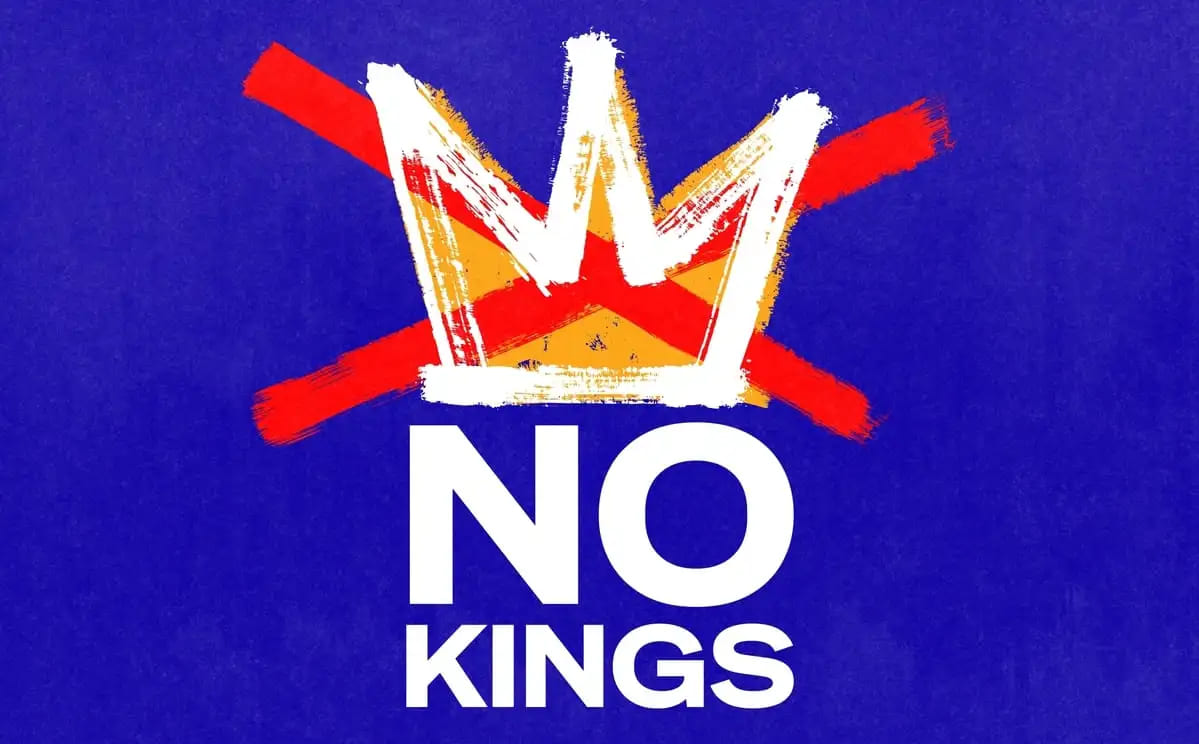
4 Surprising Truths About the Global ‘No Kings’ Protests
This wave of unrest is visible across the globe, from escalating protests in Nepal and violent clashes in Bangladesh to allegations of electoral manipulation in India and recent political upheaval in Indonesia.
By RMN News Service
New Delhi | October 19, 2025
In an era of relentless protest footage, it’s easy to become numb to the spectacle. But occasionally, a movement emerges that demands a deeper look—not just for its size, but for its global resonance and philosophical core. The ‘No Kings’ demonstrations, a global campaign targeting the policies of US President Donald Trump, are one such case.
While the news may focus on the American political context, the full story is far more complex and has roots stretching across the globe. This movement isn’t just another protest; it’s a reflection of a much larger, worldwide sentiment. This article will distill four of the most surprising and impactful truths about the “No Kings” protests, moving beyond the headlines to reveal what makes this movement so significant.
1. This Isn’t Just an American Protest; It’s a Global Movement.
While the movement targets a US president, its scope is fundamentally international. The campaign’s initial rallies began outside the US embassy in London, with similar events quickly following in cities like Madrid and Barcelona. This demonstrates that the concerns motivating the protesters are resonating far beyond America’s borders. Specifically, the warning against an “authoritarian drift in Washington” is not seen as a purely domestic issue, but as a threat to democratic norms with global implications.
The sheer scale of the mobilization is staggering, signaling a level of international coordination rarely seen in protests targeting a sitting U.S. president. Organizers have planned over 2,600 events across the United States and abroad, and analysts predict that total participation could ultimately surpass three million people. The reason this specific concern has global legs is clear: the president’s “autocratic ambitions” are perceived as a challenge to the very idea of Western democracy, a system many nations look to and participate in.
2. The Goal Isn’t What You Might Think.
In a political landscape often defined by demands for specific policy changes, the primary objective of the “No Kings” movement is something more fundamental. According to analysts studying the demonstrations, the goal is not about forcing an immediate reversal of a particular policy. Instead, it is about something deeper. Analysts identify the central aim as: reclaiming a sense of collective voice.
This focus on collective expression over concrete policy wins is a noteworthy strategy. In an era where many citizens feel disconnected from their political systems, the act of coming together to publicly and peacefully assert a shared value—that “we don’t have kings”—becomes an impactful end in itself. It is a powerful attempt to re-establish a sense of civic power and shared identity.
3. The Protests Are Part of a Larger, Worldwide Wave of Discontent.
The “No Kings” movement is not happening in a vacuum. It is a prominent part of a broader, global surge of intense political instability and public discontent. This wave of unrest is visible across the globe, from escalating protests in Nepal and violent clashes in Bangladesh to allegations of electoral manipulation in India and recent political upheaval in Indonesia. Across the world, citizens are taking to the streets to voice their frustration with political systems they perceive as insensitive, corrupt, and dysfunctional.
The common thread driving this global unrest is a growing public anger and impatience. The source of this frustration is not merely about policy, but about a perceived systemic failure. The unrest highlights a growing impatience with dysfunctional political systems and the opulent lifestyles of political elites, which often contrast sharply with the economic hardships experienced by ordinary citizens.
4. Key Figures Are Taking Notice—And Taking Sides.
This is not a fringe movement; it has attracted substantial organizational and political backing. The campaign is supported by a coalition of over 300 grassroots groups and has received endorsements from major progressive leaders, including Congresswoman Alexandria Ocasio-Cortez, Senator Bernie Sanders, and former Secretary of State Hillary Clinton.
Leah Greenberg, co-founder of the organizing group Indivisible, asserts that exercising the right to protest and saying “‘we don’t have kings’” is fundamentally American. She captures the movement’s core message as a: peaceful show of defiance against authoritarian overreach.
Furthermore, the American Civil Liberties Union (ACLU) has played a crucial role, training tens of thousands of volunteers to serve as de-escalation guides and legal marshals. Against this backdrop of broad, institutional support, President Trump’s response was notably brief and direct. When asked about the “king” moniker in a Fox Business interview, he simply stated, “They’re referring to me as a king; I’m not a king”.
Conclusion: A Question of Voice
When you look past the headlines, the “No Kings” protests are revealed to be far more than a simple anti-Trump demonstration. They represent a global movement driven by a philosophical goal: reclaiming a collective voice. It is a movement that taps into a powerful, worldwide feeling of unrest and a growing impatience with political systems that seem to have stopped listening.
As citizens across the globe increasingly demand to be heard, what does this collective reclaiming of voice mean for the future of leadership and democracy?
💛 Support Independent Journalism
If you find RMN News useful, please consider supporting us.

